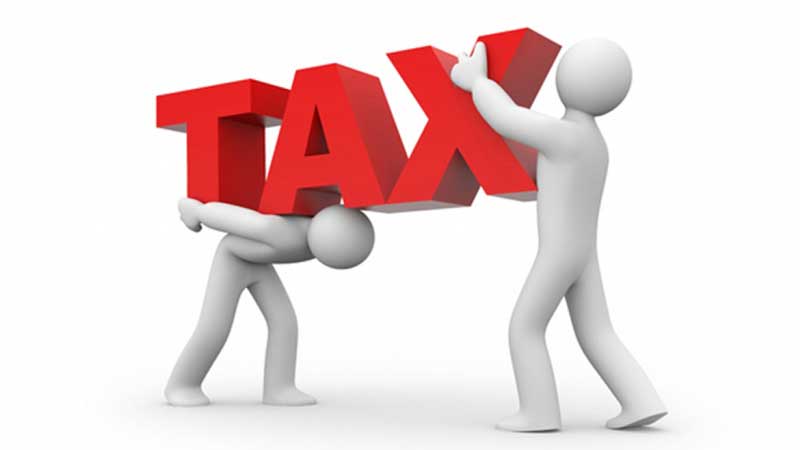×
The Standard e-Paper
Join Thousands Daily

The high taxes have been on the lips of many a Kenyan, wondering how to survive the taxman’s onslaught. Dennis Mutunga, a tax consultant explain the simple ways you can minimise the burden.